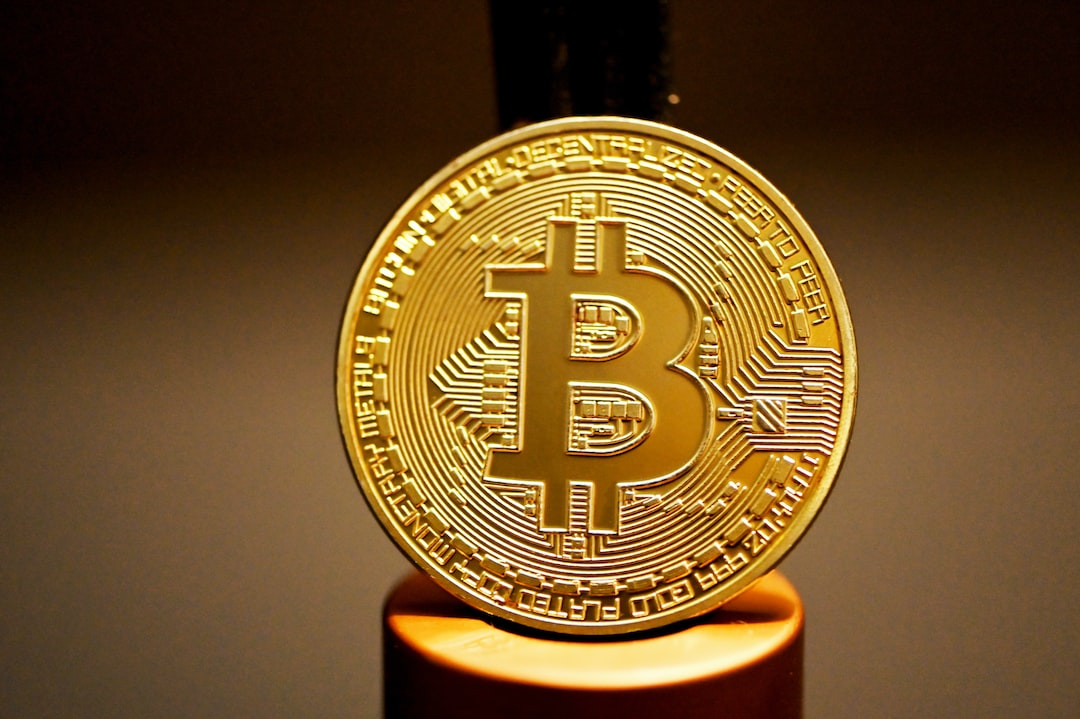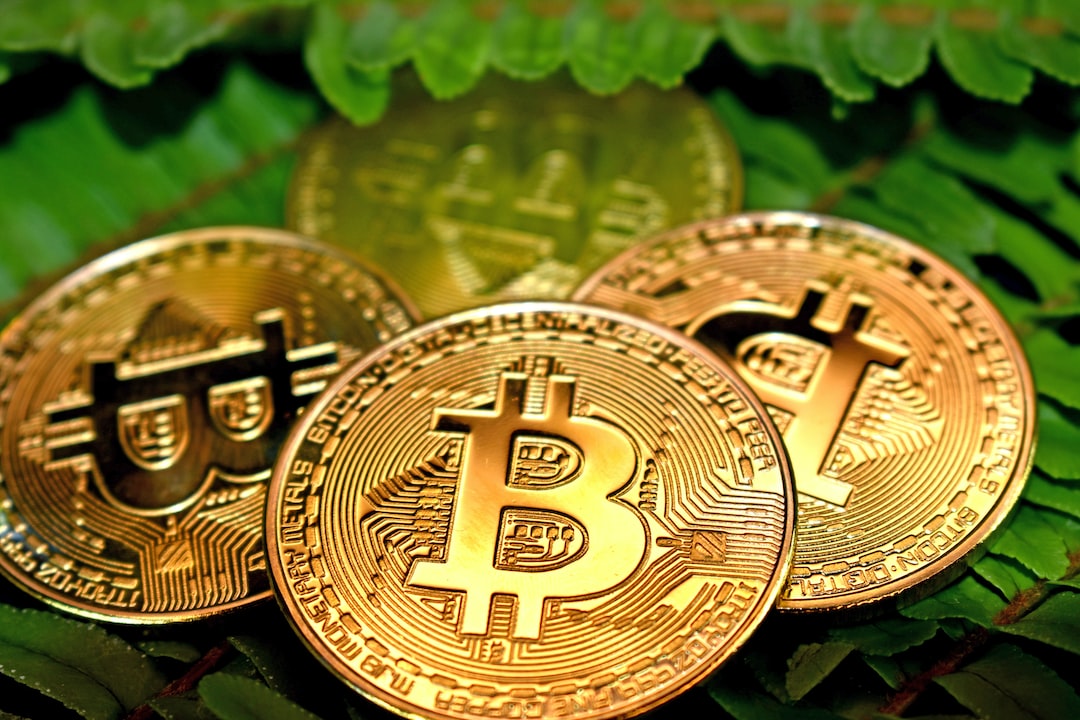India’s 1% Tax Deducted at Source (TDS) Impacts Crypto Traders
The implementation of a 1% Tax Deducted at Source (TDS) in India has caused significant challenges for crypto traders, according to Nischal Shetty, the Co-Founder and President of Shardeum. The TDS requires traders to set aside 1% of every transaction for tax purposes, which has been particularly problematic for high-frequency trading firms. These firms cannot afford to lose a percentage of every sale, hindering their ability to operate effectively.
HFT is a sophisticated trading strategy that utilizes algorithms to analyze data and execute trades within seconds. However, the 1% TDS places HFT firms at a disadvantage during bear markets, impacting their profitability. As a result, HFT with crypto is rare in India.
While the 1% TDS may be challenging for high-frequency traders, Shetty believes it is not necessarily detrimental to average retail traders who hold tokens for longer periods. He also mentioned the progress made in India regarding know-your-customer (KYC) requirements as evidence of regulatory advancement.
Challenges of One-Size-Fits-All Regulatory Approach
Shetty highlighted that Indian lawmakers have primarily focused on consumer protection and reining in businesses like exchanges when crafting crypto regulations. However, the impact of the 1% TDS on crypto transactions demonstrates the challenges of using a one-size-fits-all approach to regulation.
Despite the obstacles, Shetty acknowledged that India has been taking steps towards regulation and catching up with global trends. The country has called for global crypto regulations and emphasized the importance of collaborative approaches that are globally accepted.
Hot Take: India’s Journey Towards Crypto Regulation
India’s implementation of a 1% Tax Deducted at Source (TDS) for crypto transactions has had significant repercussions, particularly for high-frequency trading firms. This tax requirement hinders their ability to operate effectively and places them at a disadvantage during bear markets. While the 1% TDS may not be detrimental to average retail traders, it highlights the challenges of a one-size-fits-all regulatory approach.
Despite these challenges, India is making progress in its journey towards crypto regulation. The country has emphasized the importance of global collaboration and regulations that are globally accepted. As India catches up with global trends, it aims to protect consumers and ensure the stability and macroeconomic implications of cryptocurrencies, especially for emerging markets.





 By
By

 By
By

 By
By
 By
By